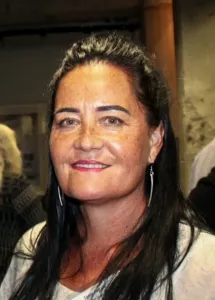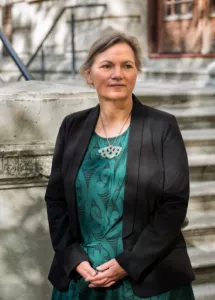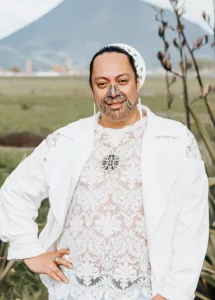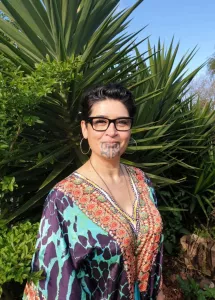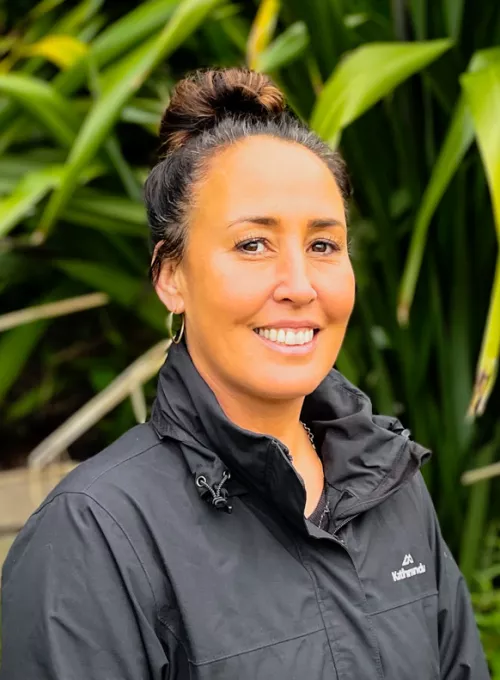
Zoë Bristowe is deeply passionate about Māori development and social justice. Her background in education, research and indigenous development has shaped her focus on transforming tertiary education for Māori and supporting more Māori to become qualified health professionals, health researchers and scientists.
Currently, she works as a Principal Advisor Hauora Māori at Te Pou Hauora Tūmatanui – the Public Health Agency. This agency oversees all public health and population health policy, strategy, and monitoring functions. It plays a pivotal role in advising Ministers on various public health matters.
Previously, Zoë held the role of Co-Director at Kōhatu's Māori Health Workforce Development Unit (MHWDU). The MHWDU concentrates on increasing the number of Māori students studying health science programs at Otago University. They offer comprehensive support for Māori students within the Health Science Division. During her time, Zoë designed and implemented numerous initiatives and educational programmes to increase Māori student recruitment and success within health science courses at Otago.
In 2019, the MHWDU extended its efforts to increase the enrolment of students from decile 1-3 secondary schools into health sciences. The Socioeconomic Equity Project, a project grounded in Māori values, supports students from low socioeconomic areas to excel in health sciences courses. This project aims to address the gross underrepresentation of health professionals from economically deprived communities. It acknowledges the necessity for more health professionals to possess the skills and experiences to comprehend the health needs of Aotearoa's diverse communities.
When Zoë first started in Health Sciences in 2010, there were 78 Māori students enrolled across all years in the University of Otago Medical School and 150 Māori health professional programme students in total. Through years of dedicated work supporting students throughout health science courses, this number surged to 290 Māori medical students and 410 Māori health professional programme students in 2021. 2021 saw the largest cohort of Māori health graduates from the University, including significant increases in the number of Māori dentists and physiotherapists. Overall, MHWDU programmes have contributed to unprecedented increases in the Māori health workforce in Aotearoa.
Zoë is now the Co-Chair of the Ōtepoti Dunedin Whānau Refuge Board, supporting the amazing work of the refuge to provide essential services to support women and children experiencing family violence.
Links:
Division of Health Sciences Te Wāhanga Matua Mātau Hauora
Record Māori health professional cohort celebrated
Largest ever cohort of Māori health professionals to graduate from Otago University
Updated 7 Novemver 2024
